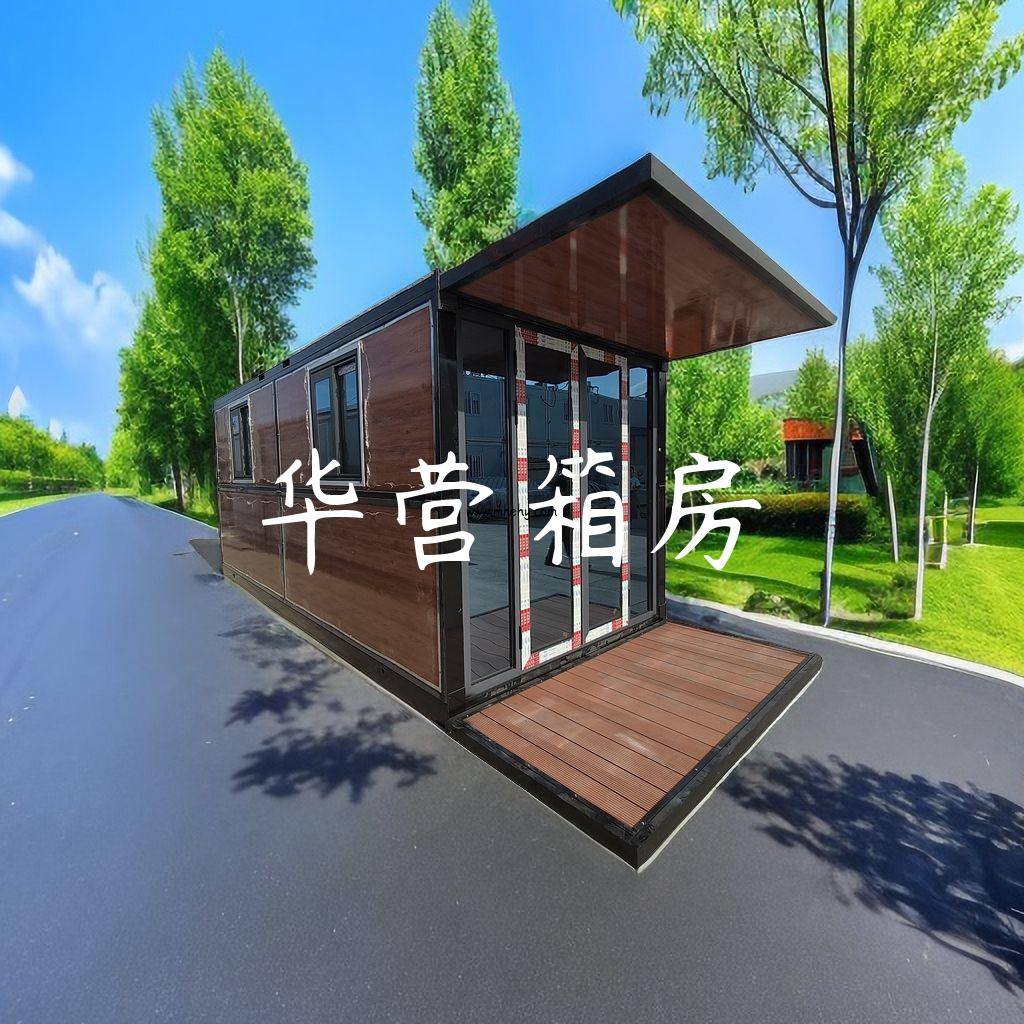Innovative Living Solutions: How Expandable Container Homes Are Changing the Housing Market in the USA

In recent years, the housing market in the United States has faced numerous challenges. Rising property prices, limited space availability, and increasing environmental concerns have led homeowners and real estate developers to search for innovative and sustainable solutions. One such solution that is gaining momentum is the use of expandable container homes.
Expandable container homes are built using shipping containers, which are repurposed and transformed into comfortable and functional living spaces. These homes offer countless advantages to both homeowners and the housing market as a whole, making them an attractive alternative to traditional houses.
One of the biggest advantages of expandable container homes is their affordability. Compared to traditional houses, container homes are significantly cheaper to build and purchase. This affordability makes homeownership more attainable for individuals and families who may have otherwise been priced out of the housing market. Additionally, the low-cost nature of container homes allows real estate developers to create more affordable housing options, helping to alleviate the current shortage of affordable housing in many parts of the country.
Another key benefit of expandable container homes is their flexibility and modularity. These homes can be designed and constructed to fit various needs and requirements. The containers can be stacked or expanded to create larger living spaces, and they can easily be transported to different locations, making them ideal for those who desire a mobile lifestyle. Additionally, the modular nature of container homes allows for easy customization and personalization, enabling homeowners to create unique and personalized living spaces that reflect their individual taste and style.
Expandable container homes also offer significant environmental advantages. By repurposing shipping containers, the housing industry can reduce waste and contribute to a more sustainable future. Additionally, container homes can be built to be energy-efficient, incorporating environmentally friendly systems such as solar panels, rainwater harvesting systems, and energy-efficient appliances. These features not only reduce the environmental impact of the homes but also result in lower utility bills for residents.
Furthermore, container homes provide a solution to the growing need for disaster-resistant housing. The robust construction of shipping containers makes them highly resistant to extreme weather conditions and natural disasters such as hurricanes and earthquakes. This resilience ensures that homeowners can feel safer and more secure in their living environment, even in areas prone to such events.
The popularity of expandable container homes is on the rise, with an increasing number of homeowners and real estate developers recognizing their potential. Several companies in the USA are specializing in the design and construction of container homes, offering a wide range of options to meet different needs and budgets.
Despite the many advantages, there are also challenges to widespread adoption. Local zoning regulations and building codes can make it difficult for container homes to be legally constructed in some areas. However, as more people become interested in these innovative living solutions, there is a growing movement to update and revise these regulations to accommodate the demand for container homes.
All in all, expandable container homes are revolutionizing the housing market in the USA. These innovative and sustainable living solutions offer affordability, flexibility, environmental benefits, and even disaster resistance. As the demand for affordable and sustainable housing continues to increase, container homes provide a promising solution that can change the way we think about homeownership and the future of the housing market.













